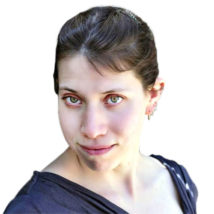
Bethany Brookshire was a longtime staff writer at Science News Explores and is the author of the book Pests: How Humans Create Animal Villains. She has a B.S. in biology and a B.A. in philosophy from The College of William and Mary, and a Ph.D. in physiology and pharmacology from Wake Forest University School of Medicine. She was a 2019-2020 Knight Science Journalism Fellow at MIT, the winner of the Society for Neuroscience Next Generation Award and the Three Quarks Daily Science Writing Award, among others.

All Stories by Bethany Brookshire
-
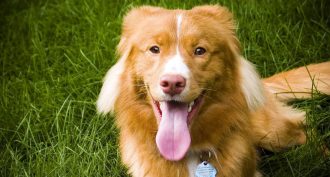 Animals
AnimalsWeed killers may go from plant to pooch
Dogs love to roll around in the grass. But if there is weed killer around, it could end up on — and in — our furry pals.
-
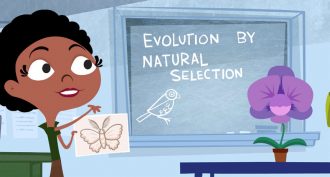
‘Good Thinking’ series helps teachers fight learning myths
Teaching science concepts can be tough on educators. A new video series helps dispel myths and provides science-based teaching methods.
-
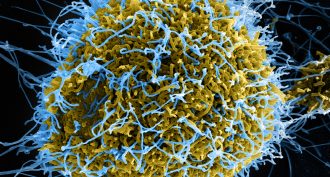 Health & Medicine
Health & MedicineScientists Say: Virulence
The virulence of a germ is a measure of its potential to cause disease.
-
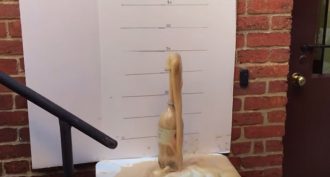
The Mentos geyser: From demo to real science
It’s fun to make geysers with candy and soda. But it’s not an experiment. Here’s how to make it one.
-
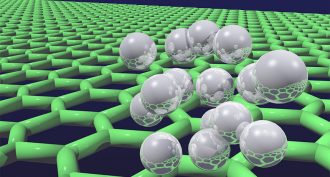 Physics
PhysicsScientists Say: Quantum
Quantum seems like a very complex word. But really, it’s a term used for something very, very small.
-
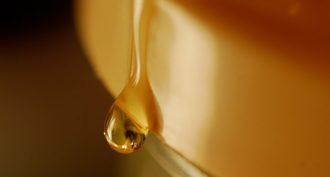 Physics
PhysicsScientists Say: Viscosity
We know some liquids are thick and some are thin. This week’s word describes the property of these liquids to resist tension or pressure.
-
 Physics
PhysicsScientists Say: Torque
Some forces pull and some push. This force produces turning or twisting.
-

Oops. Correcting scientific errors
Scientific research is performed by people, and those people sometimes make mistakes they need to correct. Here’s a new example: Think of it as the “Case of the "Plagued Subway."
-
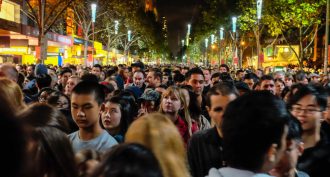 Science & Society
Science & SocietyScientists Say: Social
Social is a single word used in many ways. But whether it’s social media or social order, social describes how we interact.
-
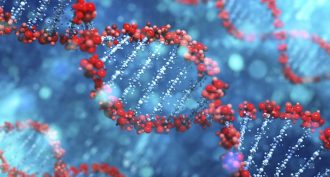 Genetics
GeneticsScientists Say: Loci
The DNA in our bodies contains thousands of genes, all with different functions. We use a special word for their location.
-
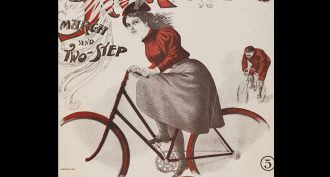
Some everyday objects change everything
Refrigerators, deodorants, toasters and clothing. Often we give little thought to think these commonplace objects. A new museum exhibit shows why we should.
-
 Genetics
GeneticsScientists Say: Allele
What makes your eyes green or brown? Different versions of the same gene. We call these alternative forms by a separate name.